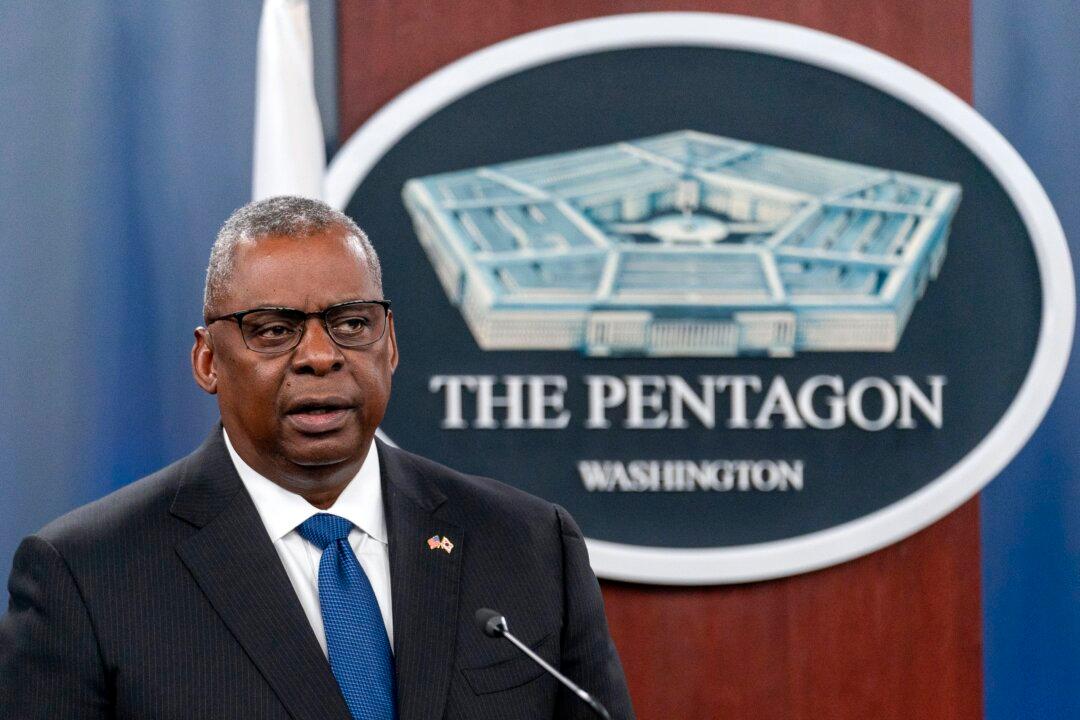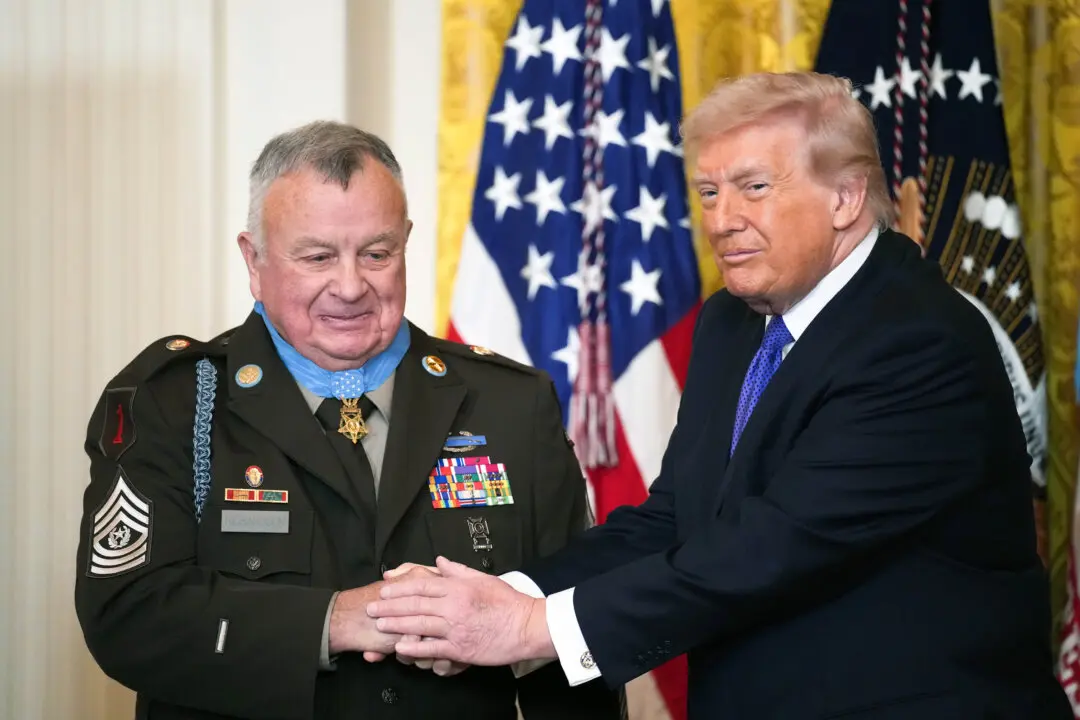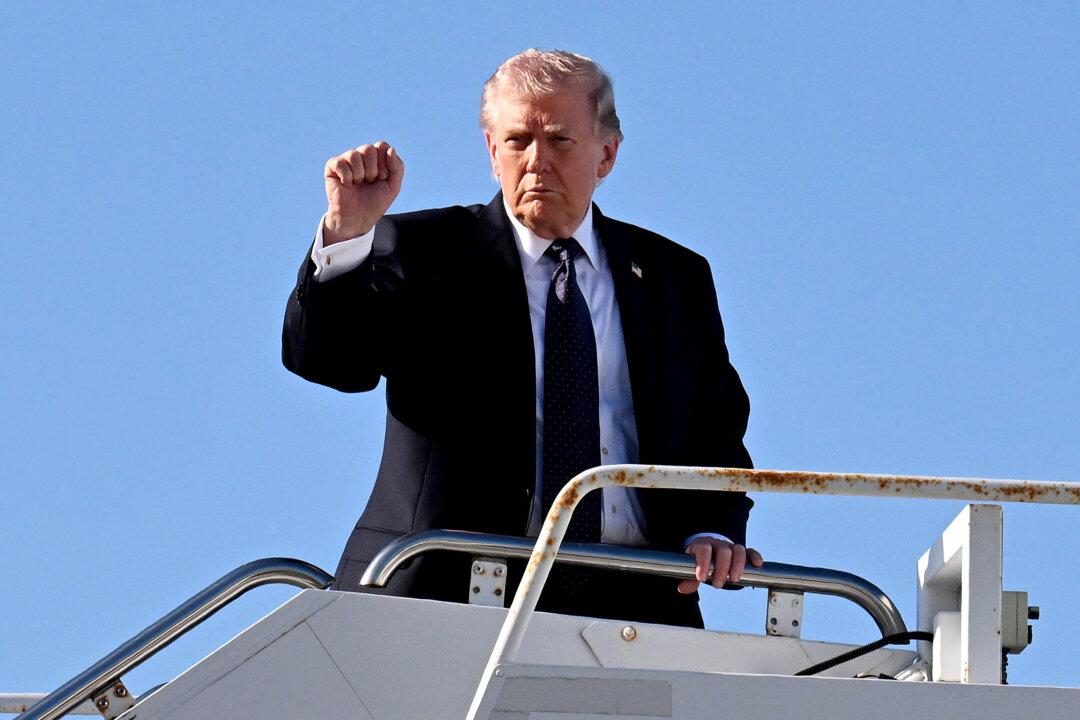U.S. Defense Secretary Lloyd Austin will visit South Korea and the Philippines to bolster ties with “critical allies” in the face of growing threats posed by the communist Chinese and North Korean regimes, the Pentagon said on Jan. 17.
Pentagon press secretary Brig. Gen. Pat Ryder told reporters that Austin will meet with “senior government and military leaders” in South Korea and the Philippines in the coming weeks, without specifying travel dates.





